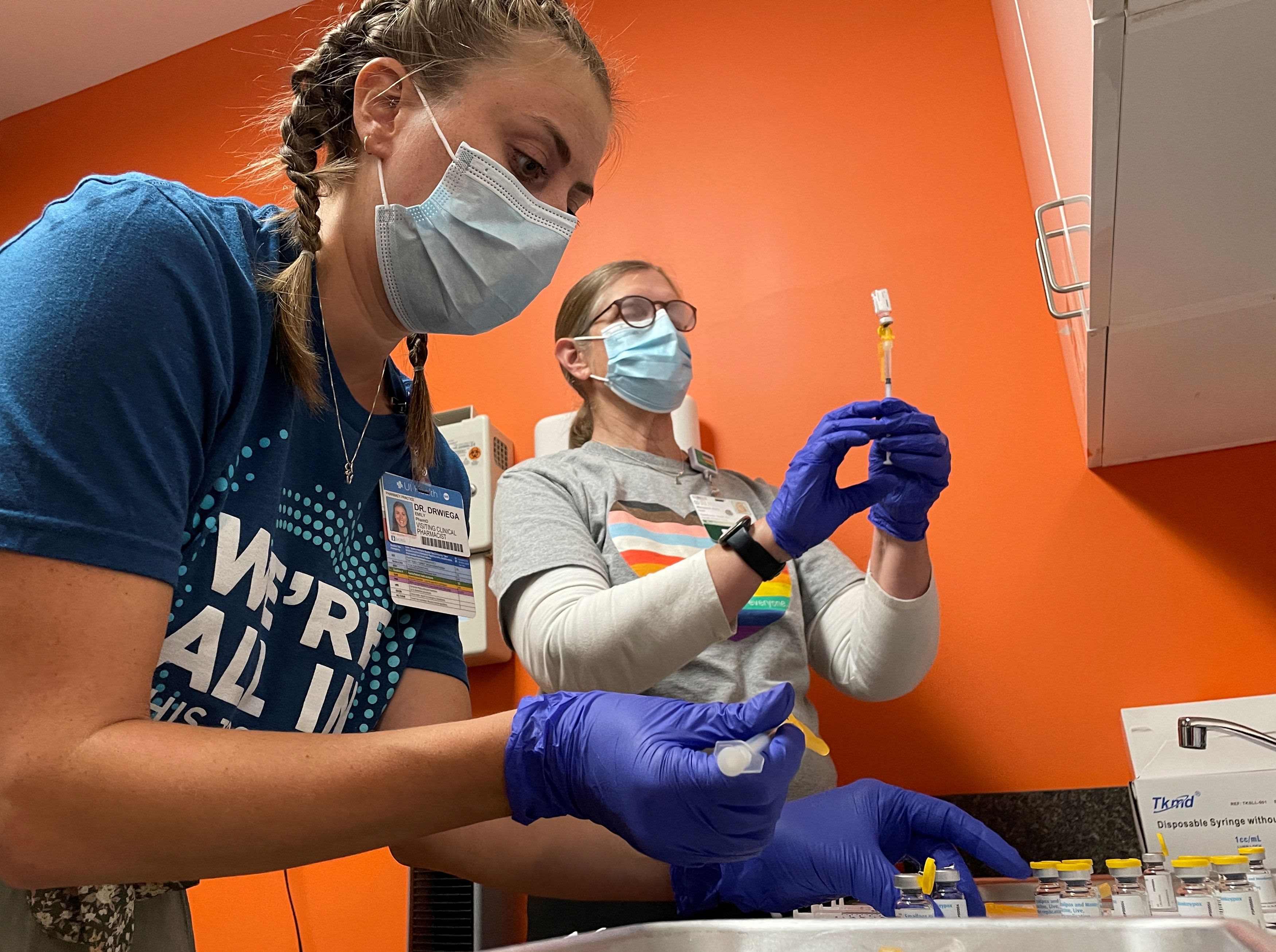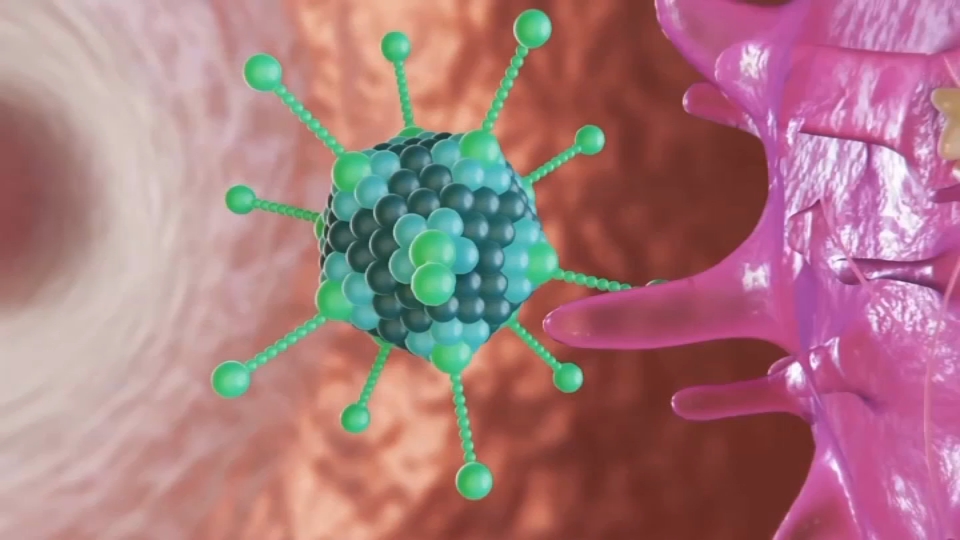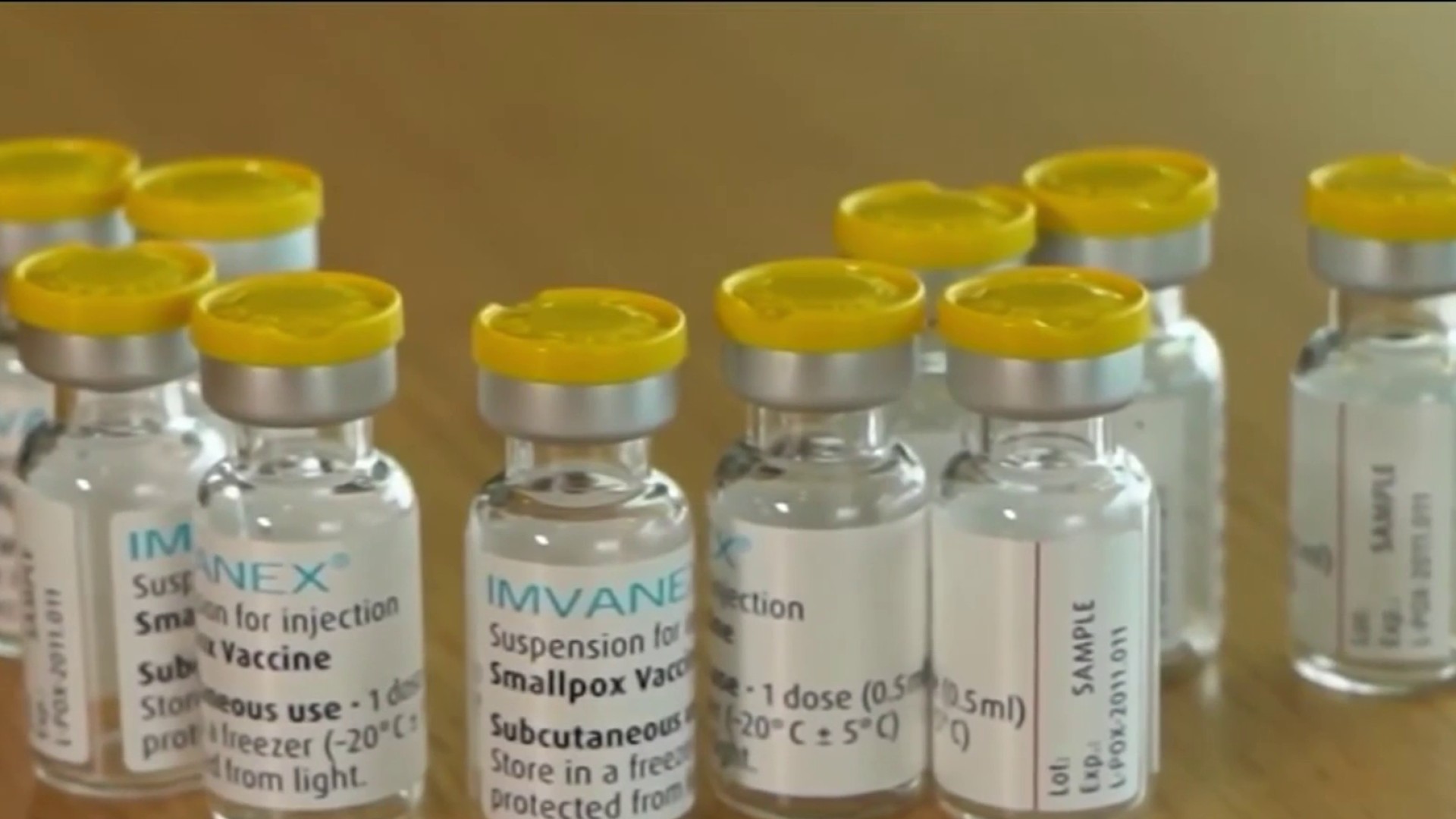San Francisco supervisors officially approved a measure declaring monkeypox a healthy emergency in the city.
However, the health department is on the defensive over how the outbreak is being tracked and why has contact tracing not been implemented.
Demonstrators gathered at the federal building in San Francisco to demand the government to step up their response as more than a third of all of California's cases are in the city.
Dr. Grant Colfax told supervisors that the tactic wasn't very effective in this outbreak and the Department of Public Health elaborated saying they attempted contact tracing.
Get a weekly recap of the latest San Francisco Bay Area housing news. Sign up for NBC Bay Area’s Housing Deconstructed newsletter.
“However, many individuals were not willing or were unable to share the names and contact information of partners. This made it difficult to contact trace all known cases and due to the lack of information, it proved not one of the most effective strategies," a statement read. "Our strategy shifted approximately four weeks ago when we pivoted to encouraging self-referral of contacts.”
District 6 Supervisor Matt Dorsey, who is HIV positive, said in a perfect world the city would have had robust contact tracing, but said he understands why they made a decision to change tactics.
"I'm satisfied with the answer, but I share the concerns too," he said. "We should be doing the best that we can, but the answers in the board meeting satisfied me."
UCSF epidemiologist Dr. George Rutherford led some of the contact tracing efforts during the AIDS epidemic, and said he also understands why public health officials may have chosen this strategy.
"You don't want to put a lot of resources into something that's going to have zero yield or not much yield," he explained. "But on other hand you've got to try and you do have this window of opportunity to get vaccines into the arms of known contacts."




